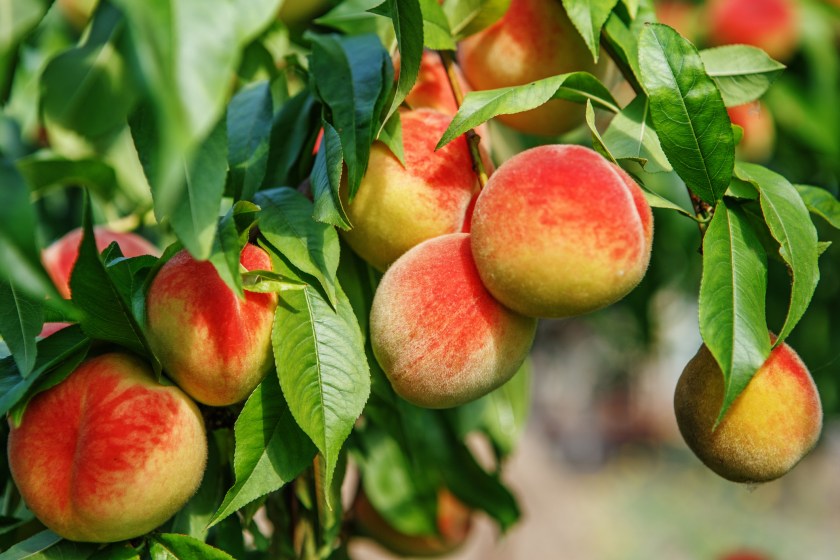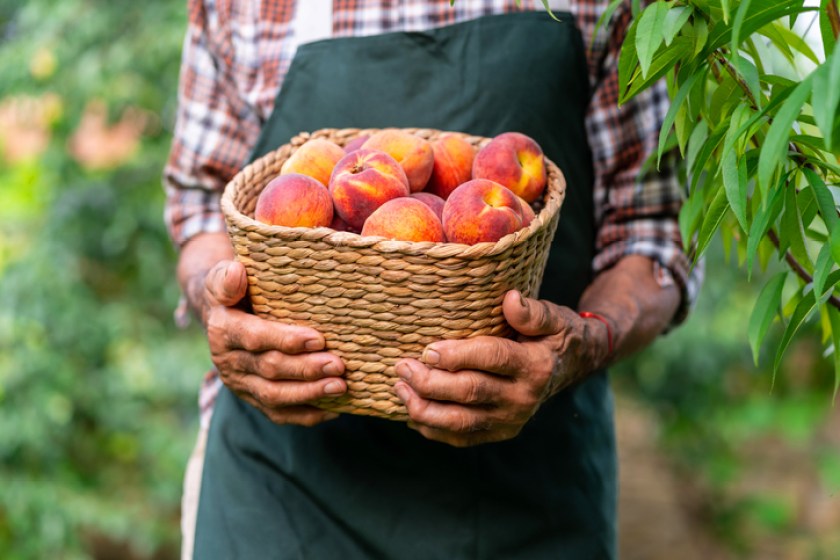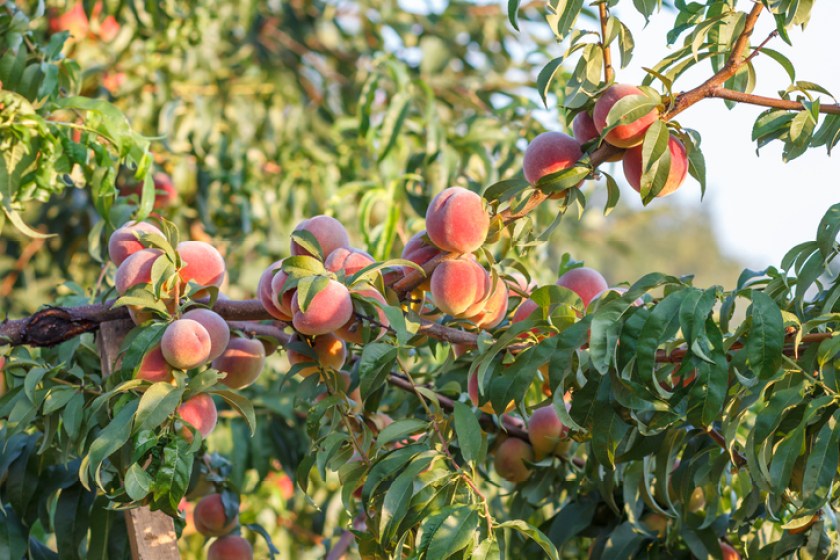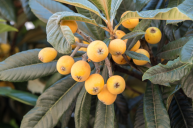From peach pie to peach wine, Georgia is the place to go for these sweet, summery fruits. The Peach State is beloved for its bountiful peach season that happens every summer, when fresh Georgia peaches are harvested in abundance to be enjoyed on their own, made into cobblers, and so much more. However, scientists predict that we won't be able to enjoy the delicious peaches in Georgia for much longer if climate change continues at its current rate.
Georgia is the Peach State for a Reason
From every May to September, the state of Georgia becomes a haven of sweet varieties of peaches, and residents and visitors head to the peach farms and peach orchards for bushels of juicy peaches and peach-themed confections. Georgia-grown peaches can be found in Fort Valley at Pearson Farm or Lane Southern Orchards. In Alto, one can head to Jaemor Farms, and Dickey Farms is the place to go in Musella.

Getty Images/nata_zhekova
This time of year, it's also easy to find these juicy delights at any farmers market or grocery store throughout Georgia. During peach season, you can find peach ice cream, peach cobblers, and peach jam, and every peach thing you can think of throughout this Southern State. There's even a Georgia Peach festival every summer to celebrate the beloved peach crop.
However, peaches are more than just a delicious treat each summer- Georgia views peach farming as an integral part of its cultural heritage. The U.S. Department of Agriculture says that in 2017, Georgia produced the third highest amount of peaches of all states, and that there were almost 12,000 acres of peach orchards.
Climate Change and Georgia Peaches

Getty Images/valentinrussanov
Unfortunately, the sweet Georgia peaches that make summer so wonderful in this state are in danger. As climate change continues to progress, we're able to see its effects in our daily lives. These effects are typically weather-related, like the increase of wild fires in the West and the elevated strength of hurricanes.
Another impact of climate change is rising temperatures, which we've seen in the United States in many ways. This report by Stacker shows how each state has been affected by climate change to get a better look at its impact in your state.
When it comes to Georgia, the report notes that Georgia's average winter temperature has increased by 5 degrees F since 1960. As minimal as this sounds, it has a big impact on the peach trees. The Georgia peach grows in chilly conditions, typically under 45 degrees F.
As explained by environment and conservation journalist Sarah Gibbens,
"Peach trees need a minimum number of chilly hours for their spring buds to bear fruit. Every winter, when temperatures fall below 45°F, peach trees produce the hormones that tell them to go dormant. The average Georgia peach needs anywhere from 650 to 850 hours of cold weather in a season — so-called chill hours."

Getty Images/Vitalii Marchenko
If the temperature continues to rise at this rate, causing shorter and hotter winters each year, scientists estimate that Georgia's peach industry may be gone in less than a century. To put some perspective on it, Gibbens explains that "between 1980 and 2010, central Georgia saw about 1,100 chill hours on average every year. In 2016, they averaged just about 600 chill hours. In 2017, farms struggled to reach 400."
That year, 85 percent of the state's peach crop was destroyed. As this trajectory continues, peach lovers and climatologists grow more and more concerned about the future of peaches in Georgia. In regards to how long the peaches have left, Pam Knox, an agricultural climatologist at the University of Georgia says, "We're talking probably the second half of this century. Certainly by 2100 it could be a possibility."




